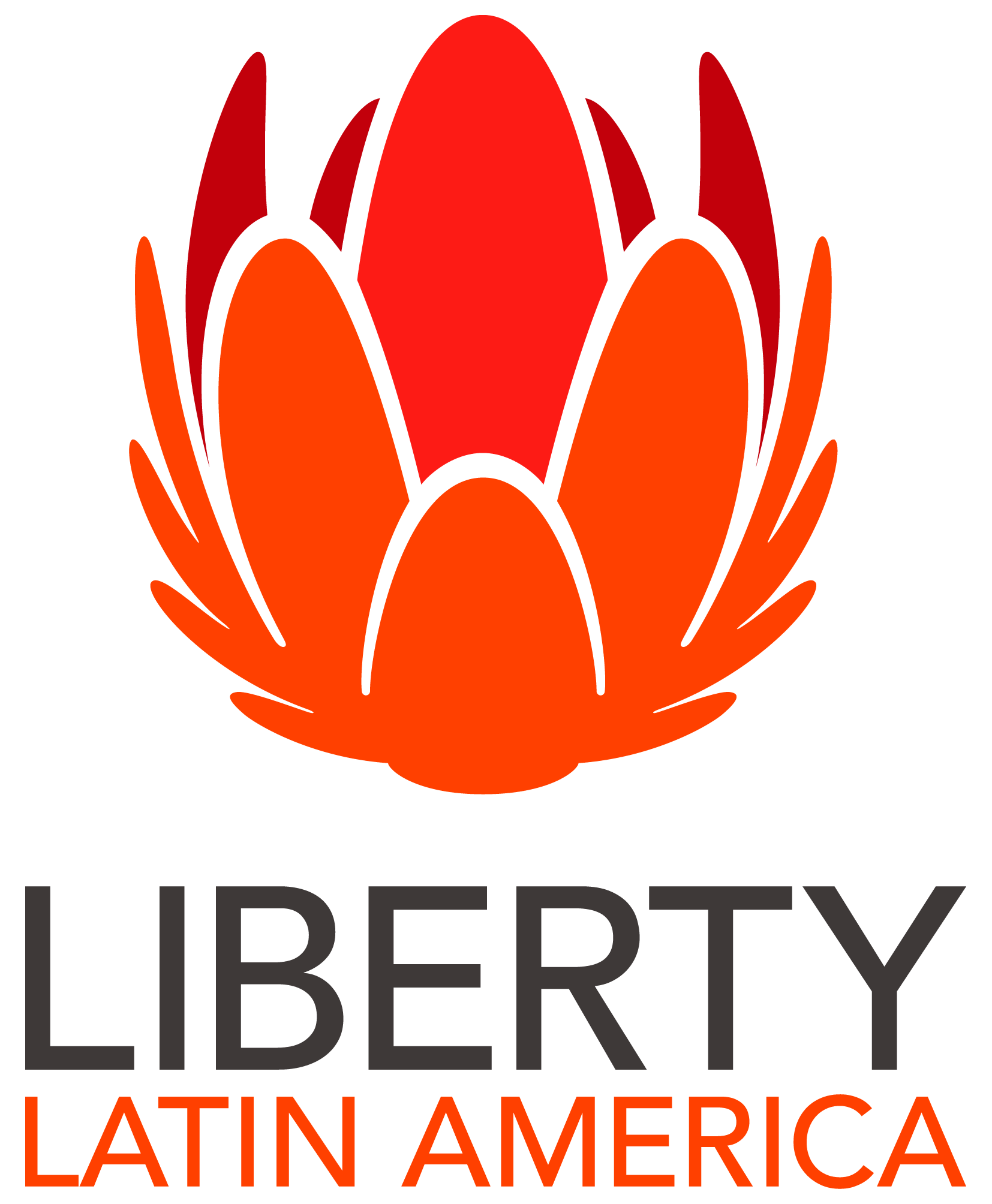Corporate Governance Guidelines
Adopted by our Board of Directors (the Board), our Corporate Governance Guidelines serve as a framework for Board governance over the affairs of the Corporation for the benefit of its shareholders.
Adopted December 29, 2017
(as amended December 9, 2021)
The Board of Directors (the “Board”) of Liberty Latin America Ltd. (the “Company”) has adopted these Corporate Governance Guidelines as a framework for Board governance over the affairs of the Company for the benefit of its shareholders.
-
Get There Quickly...
Circle Type
-
HTML Type
-
Tag - Circles


